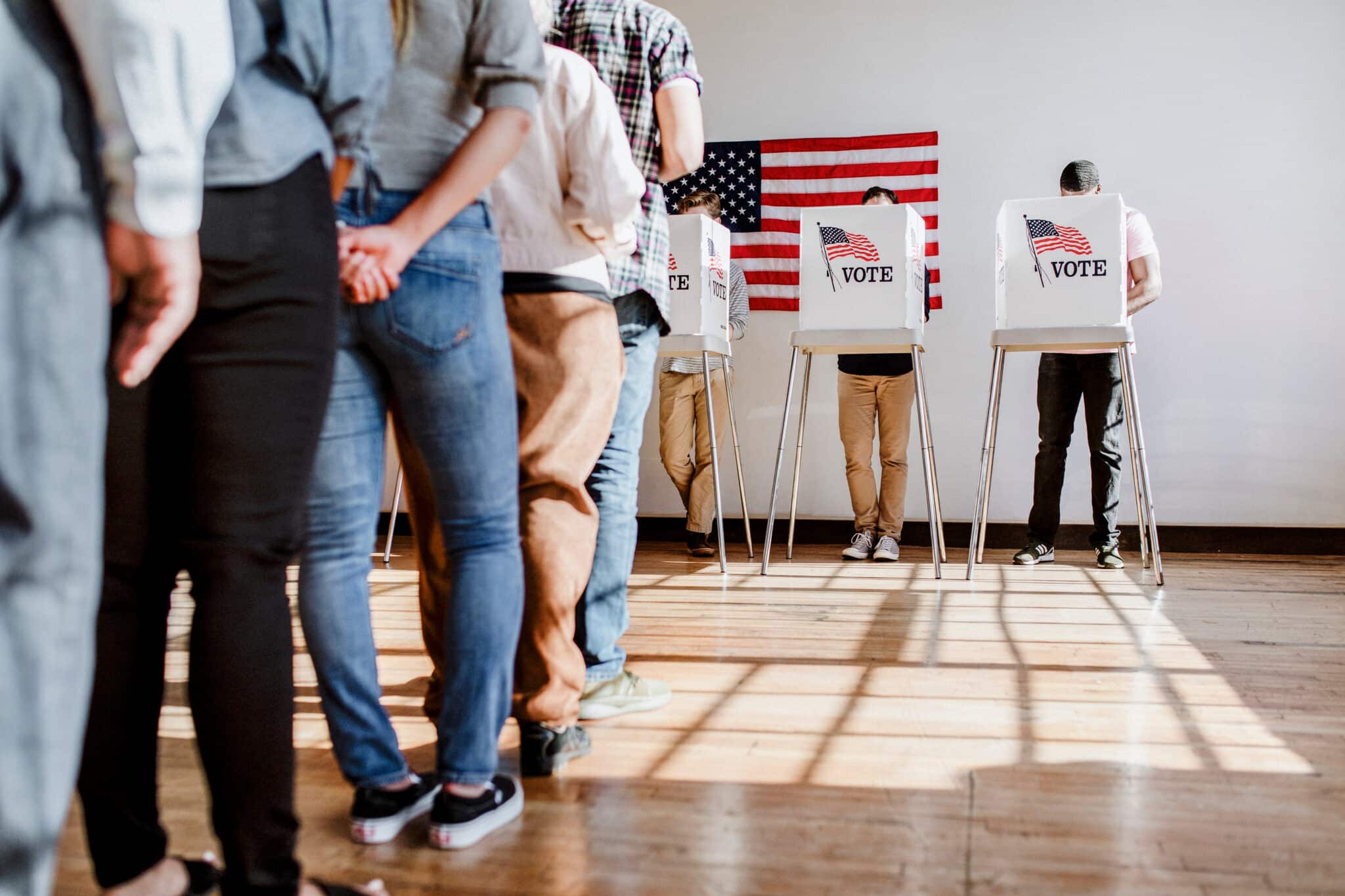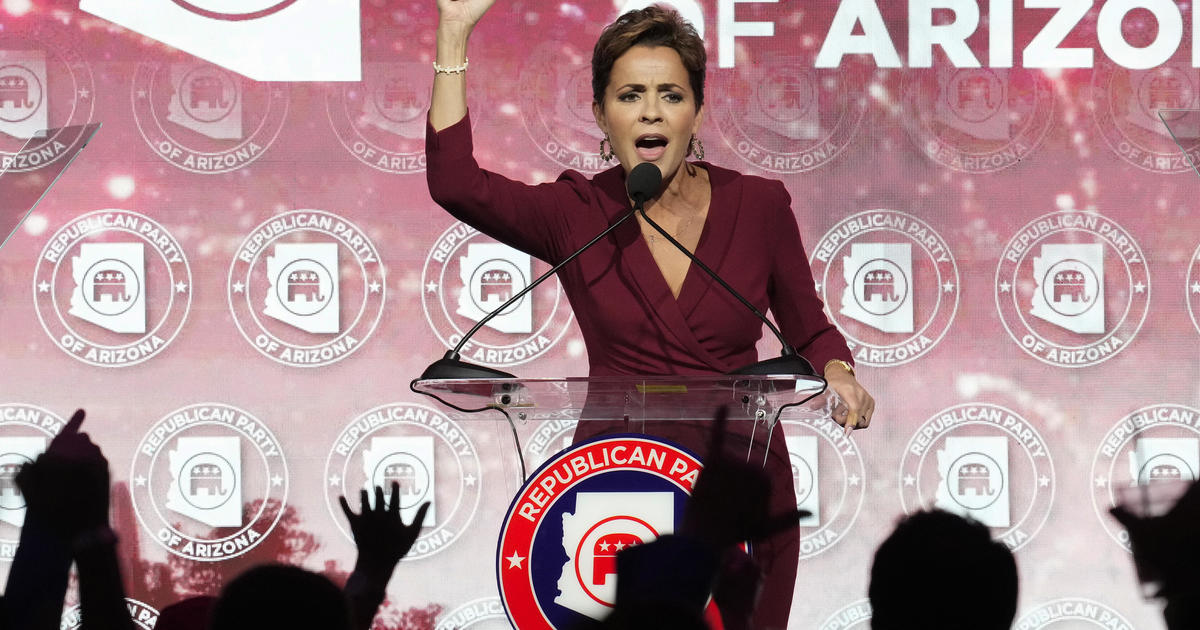In the intricate dance of U.S. primaries, the spotlight often turns to Iowa and New Hampshire. These early voting states have a unique position in shaping the narrative of the presidential race. Let's delve into the nuances that make these primaries pivotal in the grand scheme of American politics.
The Iowa Caucuses: A Microcosm of Public Sentiment
The Hawkeye State, with its first-in-the-nation status, serves as a litmus test for candidates. The Iowa caucuses, characterized by their grassroots nature, provide a platform for contenders to gauge public sentiment in a more intimate setting. It's a political arena where the ability to connect with voters on a personal level can make or break a candidacy.
Caucus Dynamics
Iowa's caucus system differs significantly from traditional primary elections. Instead of casting secret ballots, participants openly declare their support for a candidate, engaging in a lively discourse that can sway undecided voters. This unique approach demands a tailored campaign startegy, emphasizing interpersonal skills and local engagement.
New Hampshire Primaries: Where Tradition Meets Independence
Following closely on the heels of Iowa, New Hampshire introduces its own set of challenges and opportunities. Renowned for its fiercely independent voters, the Granite State's primaries often defy conventional expectations. Winning here requires a delicate balance between appealing to the state's diverse demographics and recognizing the importance of individualism.
Town Hall Tradition
New HAmpshire is synonymous with the iconic town hall meetings, where candidates face unfiltered questions from voters. This tradition fosters a direct connection between aspirants and the electorate, underscoring the significance of authenticity in political communication. Crafting a message that resonates in these intimate settings becomes paramount.
The Butterfly Effect on National Perception
While these early contests allocate only a fraction of the total delegates, their impact reverberates far beyond their numerical significance. Media attention and public perception play a pivotal role in shaping the narrative around the leading candidates, influencing voters in subsequent states. Understanding and harnessing this ripple effect is crucial for a campaign's momentum.
Crafting a Winning Strategy
To outshine competitors in the fiercely competitive landscape of U.S. primaries, a winning strategy must embrace the unique dynamics of Iowa and New Hampshire.
Personalized Outreach
Investing in grassroots efforts and personalized outreach is imperative. Engaging with local communities, understanding their concerns, and tailoring messages to resonate at the grassroots level can create a groundswell of support.
Media Savvy Campaigns
Navigating the media landscape effectively is non-negotiable. Securing positive coverage, utilizing social media platforms strategically, and creating compelling narratives can amplify a candidate's message, solidifying there standing in the national discourse.
Conclusion
In the intricate tapestry of U.S. primaries, Iowa and New Hampshire stand as the initial brushstrokes that set the tone for the broader canvas of the presidential race. Acknowledging the idiosyncrasies of these early contests and crafting a campaign strategy attuned to their unique dynamics is the key to not just participating but excelling in the race to the White House.
Free Speech and Alternative Media are under attack by the Deep State. We need your support to survive.
Please Contribute via GoGetFunding


